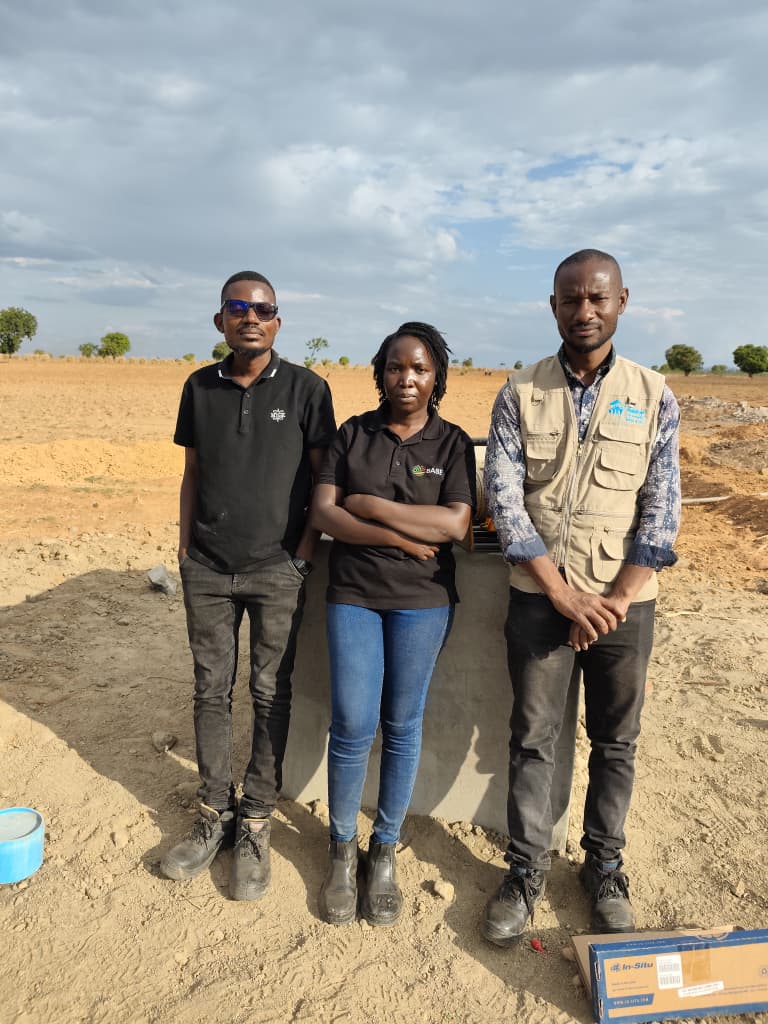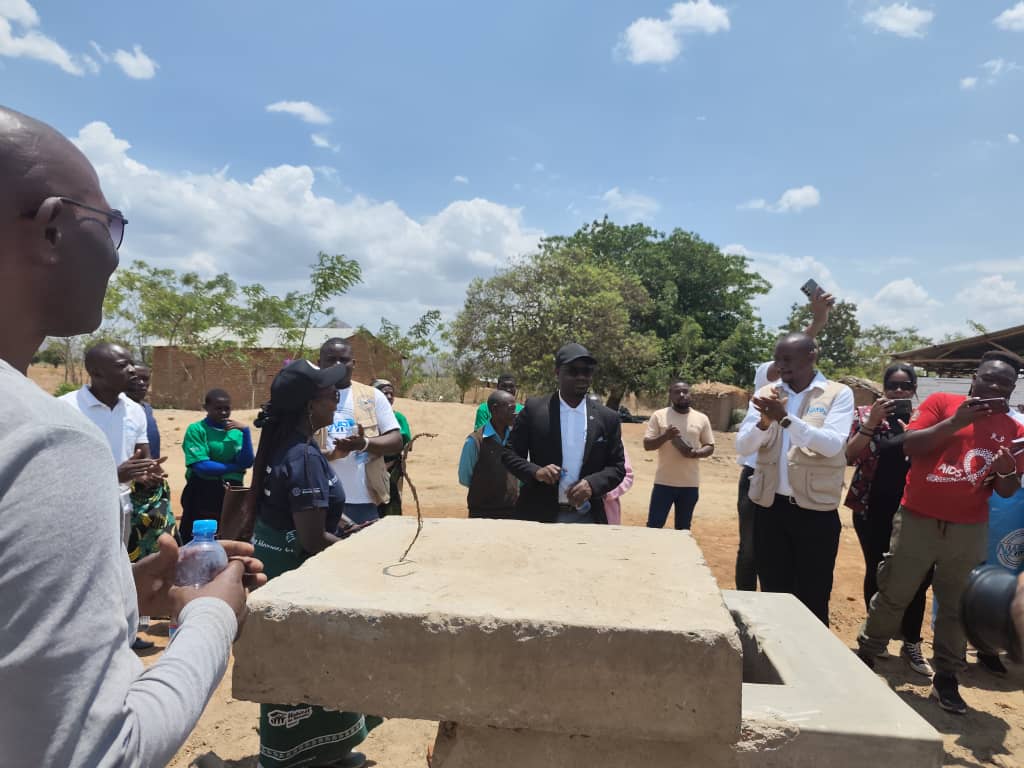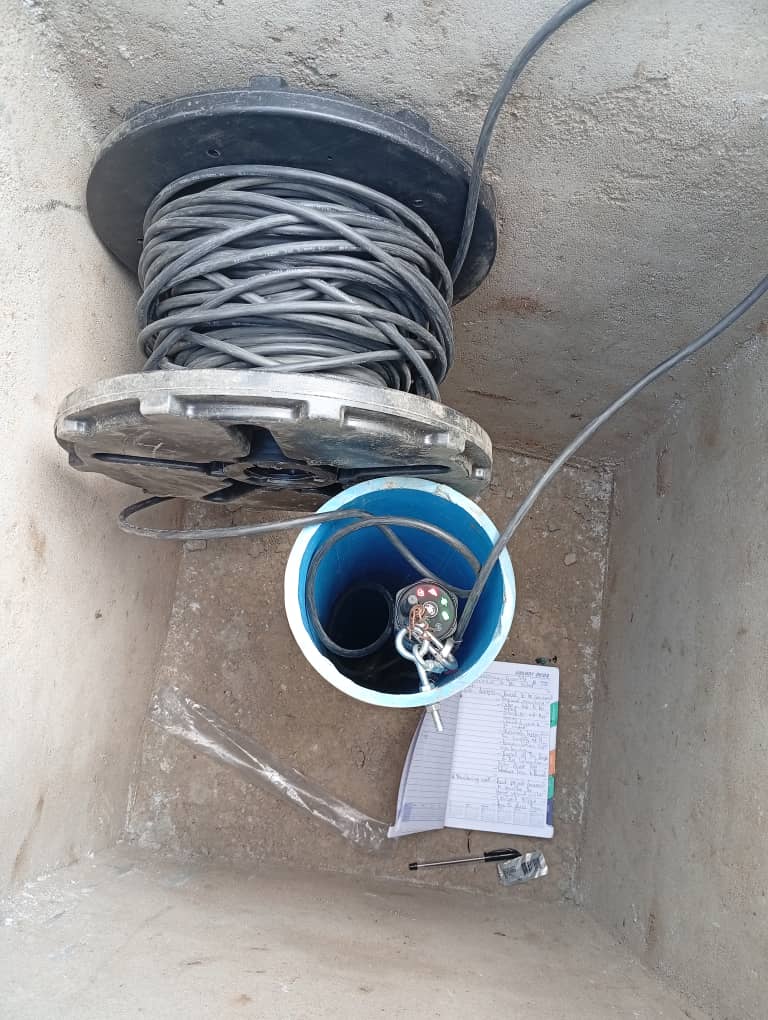Across Malawi, the race to drill new boreholes is relentless. Every year, millions of kwacha are poured into projects that promise safe water for communities. Yet behind every shiny hand pump lies an uncomfortable truth: few organizations ever stop to consider the very resource that makes it all possible, groundwater.
This oversight has long been a concern for us. Too often, investments are made in groundwater demand, but almost none in understanding groundwater supply. We call it the “drill and pray” mindset, drill a borehole and hope the water lasts. But without monitoring the aquifers that feed these water supply systems, we are flying blind, managing symptoms while ignoring the cause.
Malawi has a little over 100 groundwater monitoring wells, though not all are functional. For the country to truly understand what is happening beneath the surface, to see how groundwater levels rise, fall, or respond to climate pressures, we must invest in rehabilitating the existing monitoring network and, where possible, install new ones. This is no small task; it’s a national undertaking that no single organization can achieve alone. So far, BASEflow has rehabilitated 30 of these wells with support from the Shockwave Foundation, Crap Foundation, and the SADC Groundwater Management Institute, with many more still to go. That’s why partnerships matter. Every organization that joins this effort strengthens Malawi’s collective ability to safeguard its groundwater.
One such partner is Habitat for Humanity Malawi, with whom BASEflow has worked quietly but purposefully for years. Our collaboration has not only been technical, through hydrogeological assessments and borehole forensics, but also strategic, providing thought leadership on integrating groundwater stewardship into their work. In this era of climate uncertainty, such stewardship is no longer optional; it is essential for resilience.
Together, we supported Habitat for Humanity Malawi in three key ways. First, we helped design and justify the inclusion of a groundwater monitoring well within their project proposal. Second, we shared our experience with telemetry systems through a peer-to-peer exchange that allowed their team to borrow from our lessons and apply them to their own context. Third, we supported the pre-launch installation and testing to ensure everything was operational before the official launch in Traditional Authority Masumbankhunda, Lilongwe District.
The result was a telemetry-enabled monitoring well, a small but powerful tool that automatically transmits data on water-table levels, providing real-time insights into what’s happening beneath the surface. The monitoring well was officially launched recently to much fanfare.
This may be just one site, but it brings us closer to closing Malawi’s groundwater monitoring gap. Each restored well strengthens the country’s early warning system for groundwater security and brings us nearer to a future where we no longer have to “drill and pray.”
We’re proud of Habitat for Humanity Malawi for stepping into this space, for choosing to watch the water, not just draw from it. And we invite others to take this step to where true sustainability begins.
Read more about Habitat for Humanity’s launch here: https://www.facebook.com/Times360Malawi/posts/times360malawi-habitat-for-humanity-malawi-has-officially-handed-over-a-telemetr/1176441544669102/ or
LIke what we do ?
Please click the Download button below to get the manual and start contributing. Or if you like what we are doing and would like to support our work, click the Donate button.





